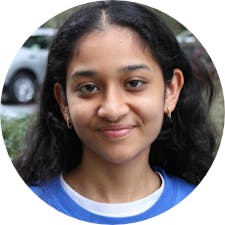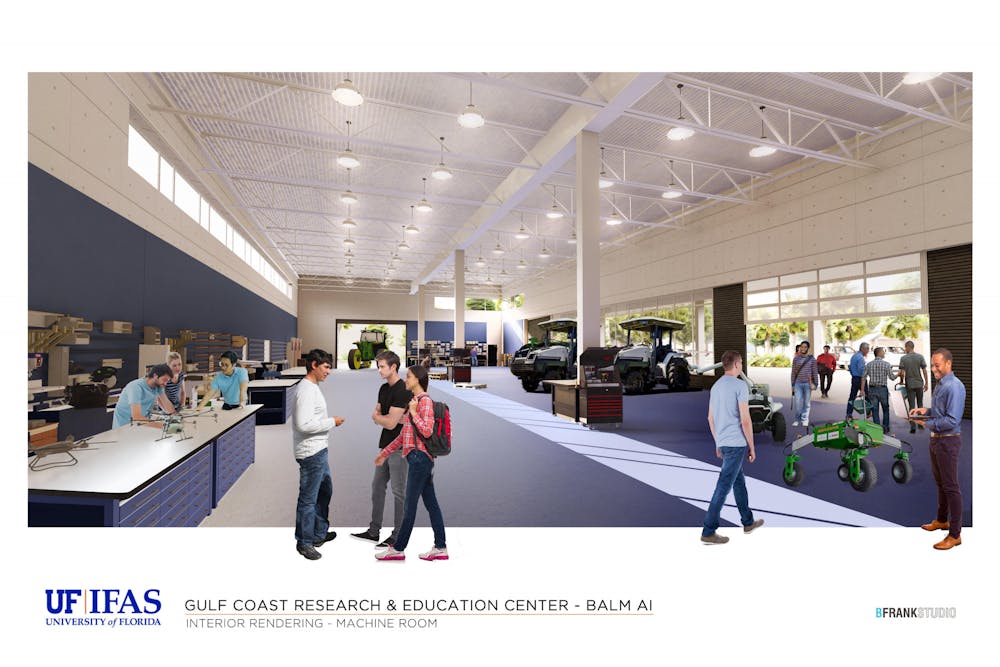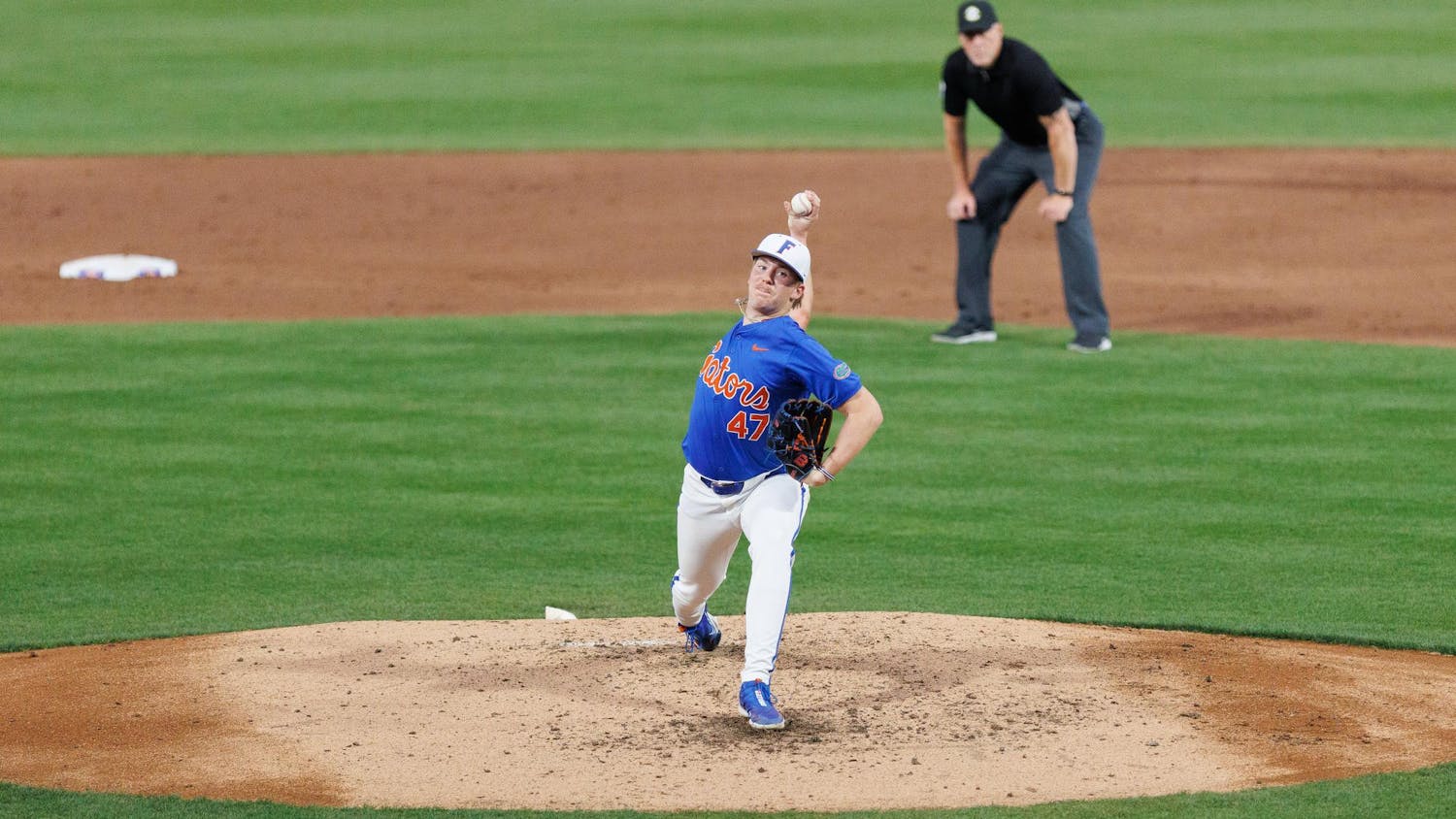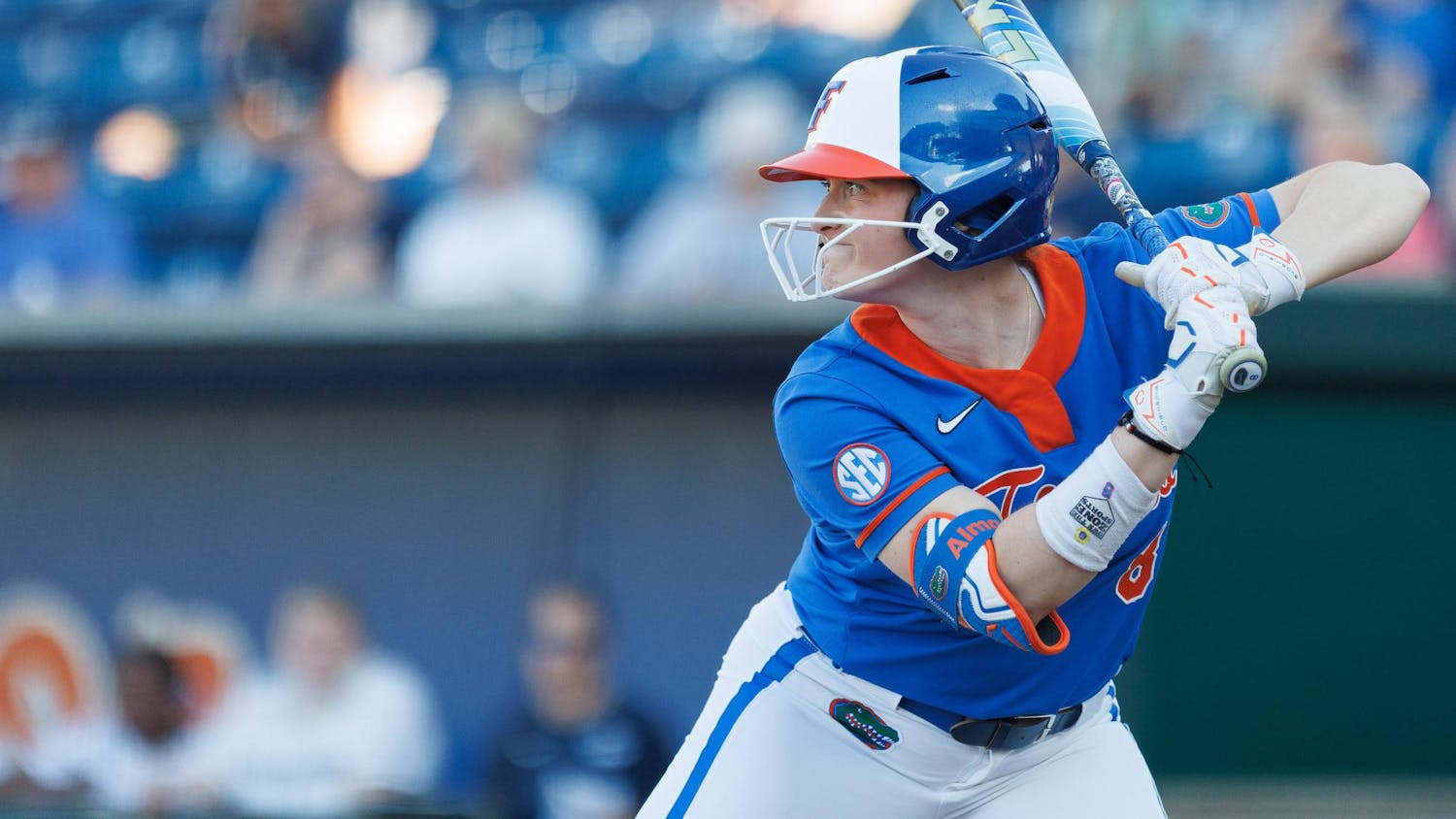In an effort to become the country’s preeminent “AI university,” UF has its sights on a new development in the field.
In the next year, the UF Institute of Food and Agricultural Sciences plans to build a 19,000-square-foot AI hub at the Gulf Coast Research Center in Tampa. The hub will be used to manufacture AI technology with around a $23 million budget.
The center will have spaces such as a mechanic shop with automated equipment for producing AI, said Jack Rechcigl, center director and GCRC professor. The automated equipment would help produce parts and put together the AI, he said.
“The center will be able to help everybody in all areas of agriculture,” Rechcigl said. “Anybody working this area of artificial intelligence, they'll be able to come here and partner with the group of scientists that we have here.”
Along with using the mechanic shop for its own purposes, IFAS is planning to work with private companies to finance the operation and in exchange, will have access to the mechanic shop.
The plan is to have large open spaces and shareable computers to encourage teamwork across the university’s scientists, graduate students and undergraduate students, he said.
“We're trying to encourage a team approach,” Rechcigl said. “It's more like an interdisciplinary approach to solving a problem.”
Right now, IFAS has 12 research and education centers across the state of Florida. It’s common to work across the state, because IFAS’s partners grow fruits and vegetables all across Florida, Rechcigl said.
The center’s purpose is to provide a space where AI will benefit many disciplines like plant pathology and entomology, he added. AI technology can detect diseases or parasites in crops, Rechcigl said, which can help protect crops from being damaged.
“It doesn't help the whole state of Florida if we're just focusing on one commodity,” Rechcigl said. “Then you have different scientists with different expertise, contributing in different ways.”
The center will be working across agricultural and economic sectors; for example, the center can create UF patents to sell to private companies like John Deere, Rechcigl said. In order to help the agriculture industry thrive, the center-developed technology must be practical and relevant to growers and farmers, Rechcigl said, which means making it cost-effective and easily accessible.
The center wants to help stakeholders and growers save money on producing their crops, he said, as well as come up with new varieties of fruits and vegetables.
AI can improve agricultural efficiency, said Bob Spencer, a tomato grower at West Coast Tomato. It can help determine the best way to lay out fields so growers can get more crop production, he said, and it may also decide which varieties of crops can withstand pests and diseases better.
As a grower, Spencer oversees the farmers who work on the fields and the production aspect of the packing facility in Palmetto, Florida.
“I can see it [AI] becoming more important and a major portion down the road as scientists give us more information and ways to utilize it.” Spencer said.
IFAS got the idea for the center about a year-and-a-half ago, when NVIDIA, an American multinational technology company, donated $500 million to UF.
IFAS’s advisory council, pushed leadership to invest in an AI center, Rechcigl said.
Spencer played his part in sending the advisory council letters talking about the importance of AI, he said, and he and other growers in the industry were fortunate that Dr. Scott Angle, UF’s senior vice president for agriculture and natural resources and leader of UF/IFAS, saw the potential in building the hub.
“AI is a Swiss Army knife of technology that can be used to address nearly any agricultural challenge,” Angle wrote in an email. “The center will create a fertile environment for that innovation.”
With aspirations of expanding beyond agriculture, the center will allow anybody working in AI to come and partner with the hub’s scientists, Rechcigl said.
Another purpose of the AI center is to confront the challenges of migrant labor shortages and competition with Mexico’s agriculture sector. The American agriculture industry experienced a 7% decline in 2018, according to agricultural financial lender AgAmerica Lending.
“It's important for us to find ways to mechanize everything to help reduce the need for manual labor,” Rechcigl said.
Instead of manual labor, AI creates more of a demand for skilled labor, Rechcigl said. More people with computer science or engineering degrees will be hired to help build, use and fix the machinery.
After it became more difficult to depend on production overseas, Spencer said many Americans realized the importance of domestic agriculture.
Figuring out ways to make agriculture more productive and environmentally sensitive are going to be much more important as the industry grows, Spencer said.
“A lot of the things that are being researched in the AI department at IFAS are things we’re not thinking about right now,” Spencer said. “But it will be discovered and will be beneficial to help future generations of farmers survive and thrive in the state of Florida.”
Rechcigl sees the center being completed in the next two to three years, he said.
Contact Anushka at adakshit@alligator.org. Follow her on Twitter @anushkadak.

Anushka Dakshit is a fourth-year journalism and women’s studies major and the general reporter on the University desk of The Alligator. She started out as an arts and culture reporter at The Avenue and hopes to pursue arts and culture reporting and print magazine journalism in her career. Along with The Alligator, she is one of the Print Editorial Directors of Rowdy Magazine. In her free time, she likes to listen to old Bollywood music, read and obsess over other writers’ processes whenever she has no idea what she’s doing (which is often).






